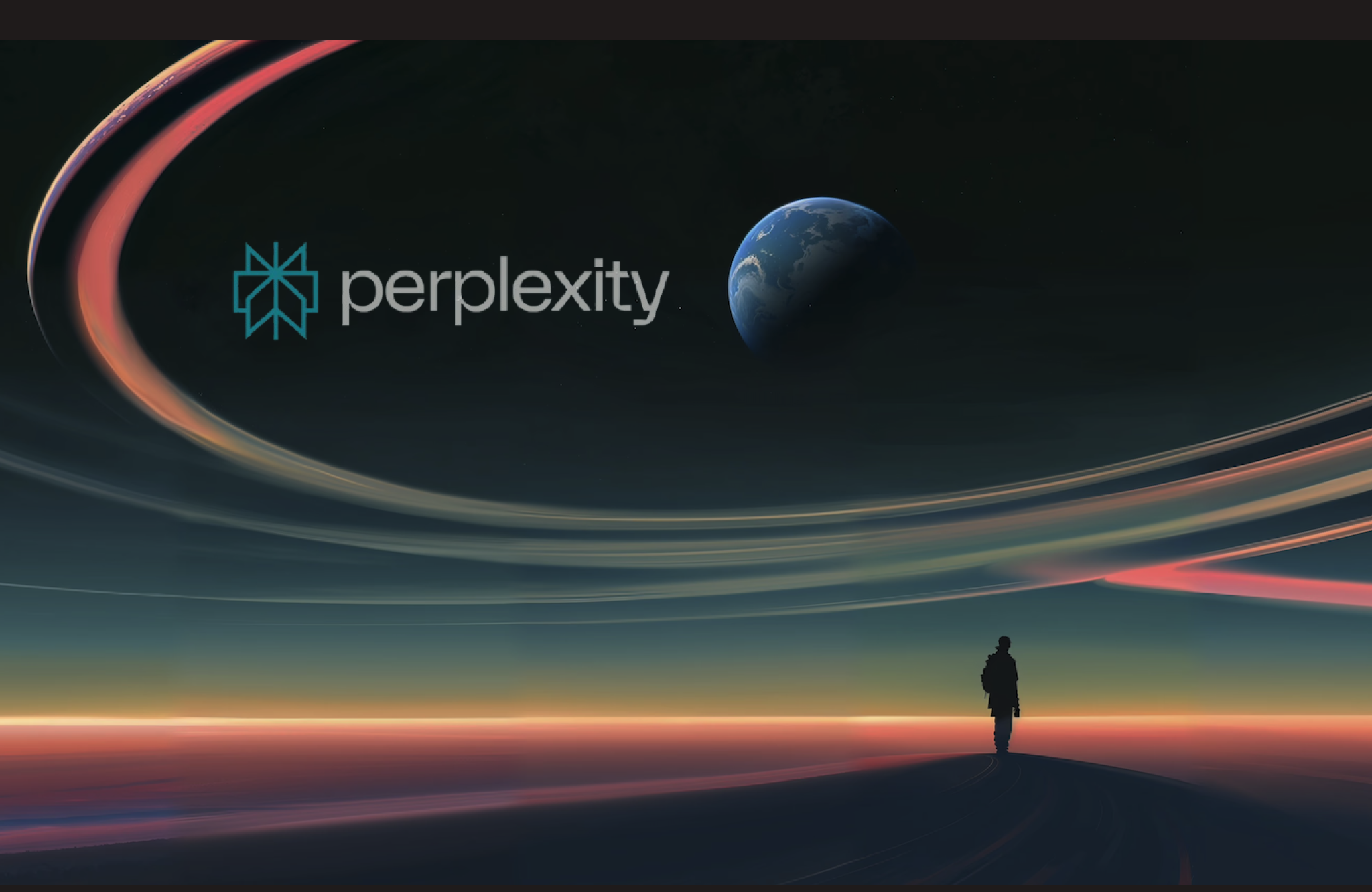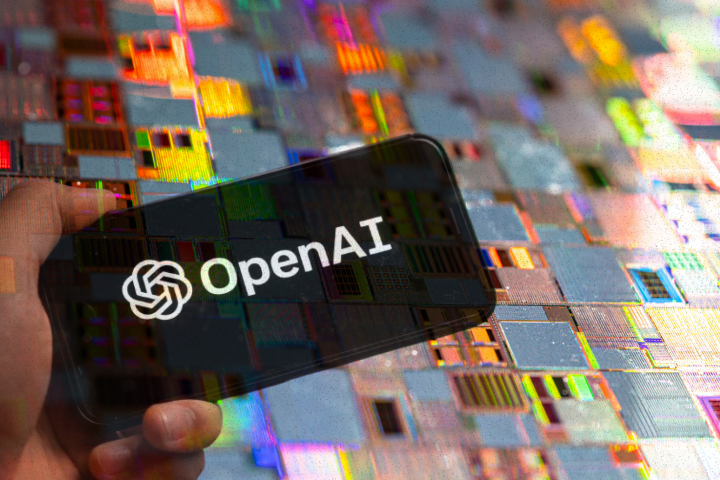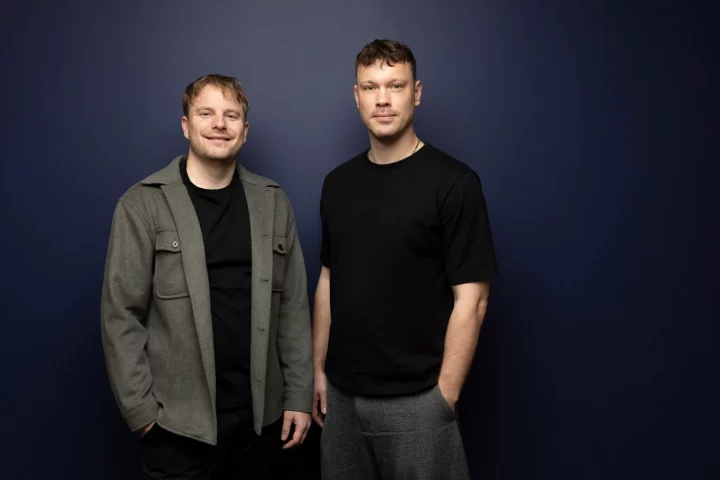Perplexity has inked a multi-year licensing agreement with Getty Images. The deal, announced on October 31, gives Perplexity permission to display Getty’s vast library of stock photos across its search and discovery tools.
According to TechCrunch, this agreement didn’t appear overnight. It’s the result of more than a year of quiet negotiations under Perplexity’s “Publishers’ Program,” an initiative that shared ad revenue with media outlets whose content appeared in AI-generated summaries. Getty’s participation in that early experiment hadn’t been public, until now.
Unlike traditional AI licensing deals that involve paying to train models on massive datasets, this one focuses on display rights. Because Perplexity doesn’t train its own foundational AI models, it’s compensating Getty specifically for the right to use its images in search results, not to feed them into training data.
The financial terms remain undisclosed, but the structure itself represents a new kind of cooperation between content creators and AI platforms.
Nick Unsworth, Getty’s vice president of strategic development, described the deal as recognizing “the importance of properly attributed consent”.
Perplexity’s head of content partnerships, Jessica Chan, echoed that sentiment, calling attribution and accuracy “fundamental to how people should understand the world in an age of AI.”
To that end, Perplexity says all Getty-sourced images will include visible credits and direct links back to the original source, a small but significant gesture toward transparency and creator acknowledgment.
This deal arrives after a rocky stretch for the San Francisco-based startup. Over the past year, Perplexity has faced repeated allegations of copyright infringement from major media organizations, including The Wall Street Journal, which claimed the company reproduced their text and images, some of them Getty-licensed, without permission or payment.
Perplexity has defended itself by arguing that it merely surfaces “factual information” and that its use of snippets falls under fair use, a legal doctrine that allows limited use of copyrighted works without consent in certain contexts.
But that defense has done little to appease critics who say AI search tools are hollowing out journalism’s revenue base by presenting the same information without directing users to original publishers.
Adding to its woes, Perplexity was sued by Reddit in October for what the social platform called “industrial-scale, unlawful scraping” of its user data, a serious charge that reflects a wider anxiety about how AI systems collect and use publicly available content.
That case, like others pending across the tech sector, could help define how courts interpret data access in the age of generative AI.
For Perplexity, the Getty partnership offers both practical and symbolic benefits.
Visually, it enriches the platform’s search results with high-quality, properly licensed imagery, a tangible improvement for users.
Strategically, it’s a message to regulators, journalists, and investors that the company is serious about respecting intellectual property.
Still, challenges remain. Perplexity’s reliance on fair-use arguments for text-based results remains controversial, and the outcome of Reddit’s lawsuit could influence how freely AI firms can collect online data.
Legal scholars note that the case could become a benchmark for how U.S. law treats AI data gathering, potentially reshaping the entire industry’s approach to training and information retrieval.












